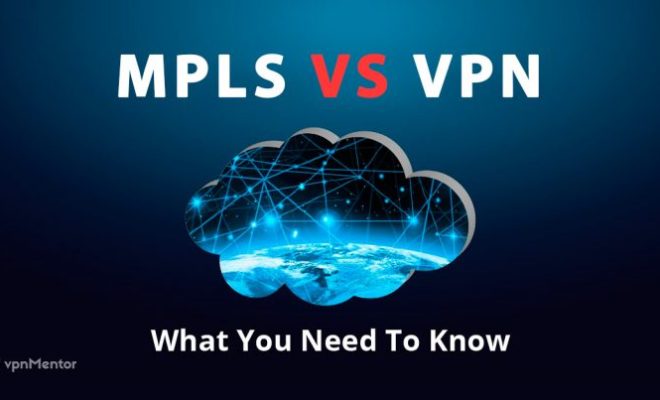Why Google Is Shutting Down Stadia and Refunding Gamers

Google had promised a revolutionary gaming experience with Stadia when it was launched in November 2019. However, things didn’t turn out as expected, and Google concluded shutting down its gaming division recently. As a result of shutting down the project, Google is refunding the purchase price of games for all its gamers.
There are several reasons why Google made this decision. One of the primary reasons is that Google was not able to compete with other gaming consoles in the market, including Xbox and PlayStation. Google was unable to offer a unique gaming experience that was not already available with other gaming consoles.
Another factor behind Google’s decision to shut down Stadia is the lack of game exclusives. Many gamers are hesitant to switch to a new gaming platform if they cannot play exclusive games they cannot find anywhere else on the market. Google wasn’t able to offer unique gaming experiences that gamers couldn’t find elsewhere, which limits its appeal to gamers.
The pricing strategy was another obstacle that affected the Stadia’s lack of success. Players were expected to pay for the games they wanted to play, while playability required more expensive subscription costs. In addition, Stadia offered a very expensive $129 Founder’s Edition package, which included a Stadia controller, Chromecast Ultra, and a three-month subscription to Stadia Pro.
Finally, the technology used to run Stadia still required significant improvement to provide a seamless and real-time gaming experience, which is an essential factor for gamers.
Despite these shortcomings and distractions, Google hasn’t entirely given up the gaming industry. They unveiled a new system, Google Play Pass, where subscribers have access to over 800 mobile games without having to watch ads.
Google also plans to open its gaming technology to game developers, allowing them to use the tech in their own product. This decision could potentially create a new revenue stream and a better opportunity for game developers as it removes the need for them to create their gaming infrastructures.






